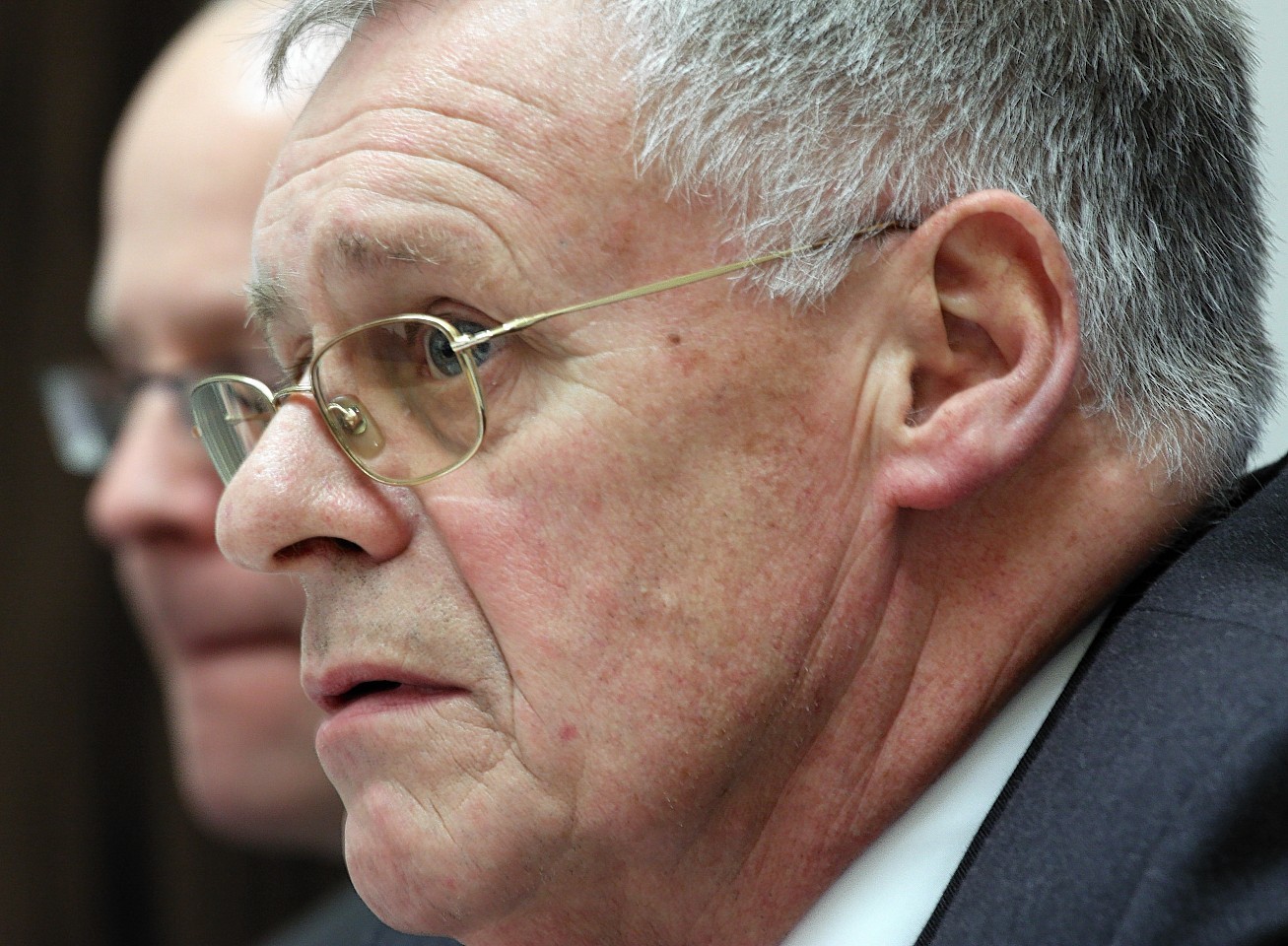The outgoing chairman of doctor’s group BMA Scotland has warned that the NHS is nearing “crisis” point.
Dr Brian Keighley, who is stepping down after five years in post, claimed politicians would have to make tough decisions, regardless of the independence referendum result, if the service was to survive in the long term.
The BMA highlighted staff shortage concerns in the Accident and Emergency department at Aberdeen Royal Infirmary as an example of the pressure facing the health service.
Addressing the BMA’s annual representatives meeting in Harrogate today, Dr Keighley said the profession should be “thankful” that the NHS in Scotland has “avoided wholesale reorganisation” unlike England.
But he said the health service in this country had not avoided a financial crisis and resource constraint which was at odds with rising patient demand, an aging population, advancing technology and burgeoning costs of pharmaceutical care.
Dr Keighley said: “What we have in common with the rest of the UK is a crisis of health provision where the current philosophy seems to be to squeeze more and more from the same resources and to apply ever increasing pressure on the workforce.
“Scottish voters are facing a crucial vote on independence in September but, in truth, a far greater decision is facing them.
“How much tax do they want to pay for a health service, and depending on that decision, how comprehensive do they wish it to be?”
Dr Keighley said voters must decide how much rationalisation of service they are prepared to accept and the balance between convenience and clinical safety because there is “no doubt that the current service is just not sustainable”.
He added: “It is now time for our politicians, whatever their party, whatever the outcome on September 18, to recognise the vital role they must play in ensuring the long term viability of our national health service.”
Dr Keighley said politicians should not only concentrate on short term fixes.
“They must ask mature questions of the electorate about their priorities,” he added.
“And make, and support big decisions about redesigning the delivery of health and social care services so that they are there for future generations.”
Health Secretary Alex Neil said the NHS is one of Scotland’s greatest success stories and people can be “rightly proud” of the care it delivers, day in and day out, to thousands of people.
He added that satisfaction has increased by 20% over the last seven years and nearly two thirds of people in Scotland now claim to be pleased with the health service.
Mr Neil said the Scottish Government was right to resist what he called the “damaging reorganisation and privatisation agenda” pursued by the UK Government.
He added that SNP ministers have boosted NHS staff numbers by 8,500, of which 1,311 are additional consultants, in the last seven years.
Mr Neil said: “We’ve also protected the frontline NHS budget, which is set to rise to a record £11.8billion in 2015/16.
“Waiting times have improved substantially in recent years, even as the NHS is treating more patients than ever before.”
Mr Neil said health and social care integration reforms would help prepare the NHS for the future.
“However our health service undeniably faces real pressures and challenges as it adapts to meet the demands of an aging population,” he added.
“We will go on working with stakeholders, such as the BMA, to deliver major improvements like our comprehensive unscheduled care action plan.
“These challenges are far from unique to Scotland and with the full powers of independence we can do even more to tackle the scandalous health inequalities between the richest and poorest parts of our society.”
